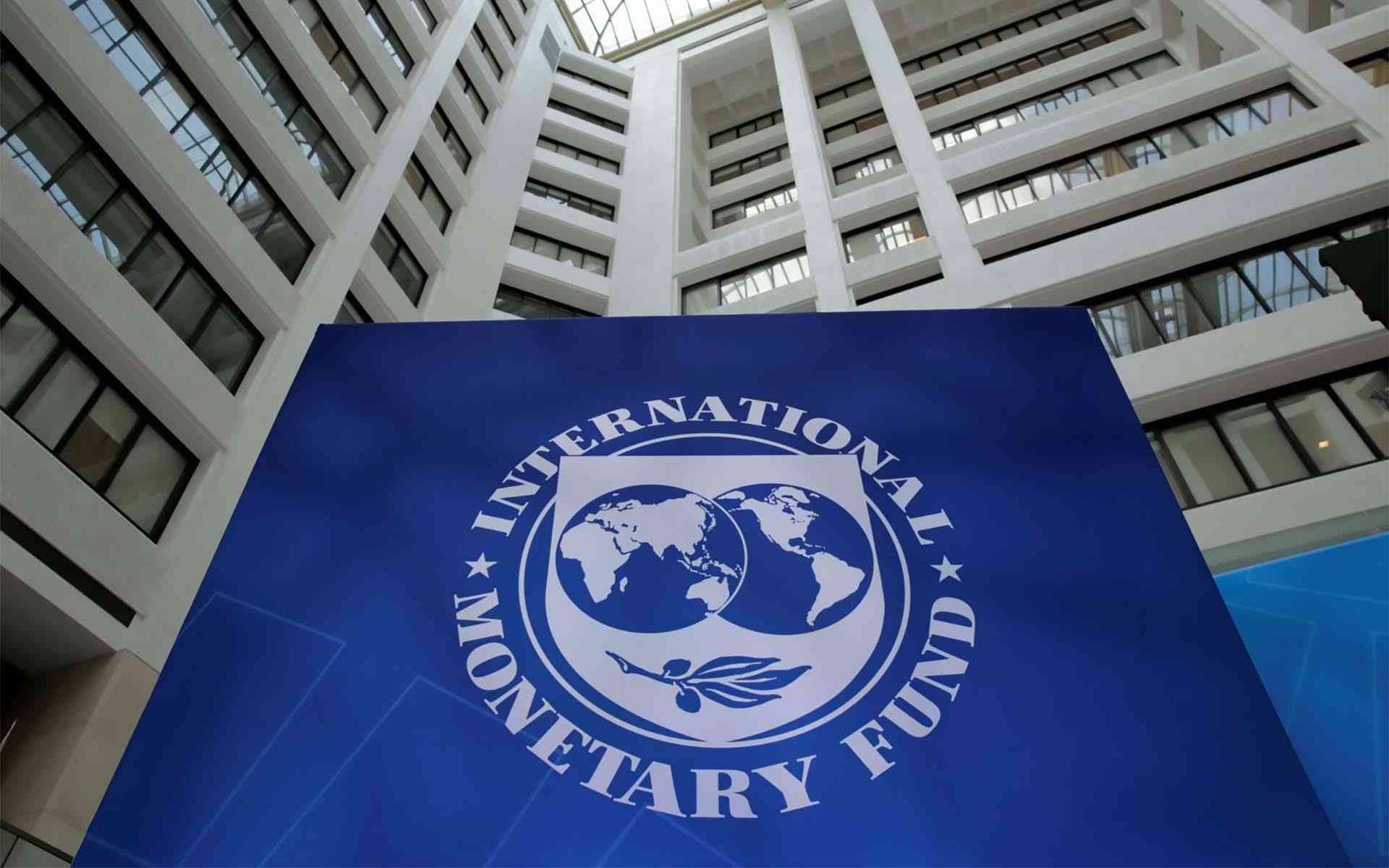
THE International Monetary Fund (IMF) has literally told Zimbabwe to put its house in order before talks on the supervised economic reform programme can start.
The brutal assessment, which comes via a statement after the annual Article IV consultation, was expected for neutrals who felt the government was not walking the talk on reforms.
“In the context of the requested SMP, IMF staff stands ready to resume discussions in due course once decisive steps have been taken by authorities to address the key policy issues highlighted by the mission,” IMF mission chief Wojciech Maliszewski said.
Zimbabwe has been negotiating an IMF Staff Monitored Programme (SMP) to anchor the reform process under the arrears clearance and debt resolution process.
According to the arrears clearance and debt resolution road-map, Zimbabwe is expected to sign off the SMP in the second quarter of the year. The second quarter ends on June 30.
In the same second quarter, Zimbabwe is supposed to agree with IMF on a credible strategy to close the fiscal financing gap.
In the Article IV consultation, IMF said the government should prioritise the closing of a substantial fiscal financing gap for 2025 in a way consistent with available sustainable and non-inflationary financing.
This would requires rationalising spending and increasing the effectiveness of the authorities’ strategy to run a cash budget through better planning and stronger political commitment to control spending, it said.
- Village Rhapsody: How Zimbabwe can improve governance
- Village Rhapsody: Engage men to end gender-based violence
- Village Rhapsody: How Zimbabwe can improve governance
- Zim maize output to drops by 43%
Keep Reading
IMF said the move also required strengthening the public spending commitment control system to avoid further arrears accumulation, and close monitoring of domestic arrears (including through an audit of remaining arrears).
The 2026 budget will be critical to establishing a policy track record and measures will be needed to close the fiscal gap in 2026, the global lender said.
The IMF mission recommended an improvement in the functioning of the willing-buyer willing-seller market through a “more transparent price-setting” mechanism and by gradually replacing surrender requirements with a requirement to convert export proceeds directly into the market through authorised dealers, while focusing the RBZ’s FX interventions to managing excessive volatility in the exchange rate.
The central bank, early this year, raised the retention threshold to 30% from 25%. The retention threshold has created angst among exporters, with critics equating it to another tax.
IMF has proposed the introduction of an effective deposit facility at the central bank, to be followed by fully introducing indirect market instruments and phasing out direct instruments.
In the long term, a comprehensive package of macro-economic, financial and structural policies should be pursued to allow for gradual relaxation of other capital flow management measures and elimination of undesirable exchange restrictions noted by the Article VIII mission.
Zimbabwe accepted the obligation under Article VIII on February 3, 1995, undertaking to “refrain from imposing restrictions on the making of payments and transfers for current international transactions or from engaging in discriminatory currency arrangements or multiple currency practices without IMF approval”.
What the latest IMF assessment on Zimbabwe shows is that it is a long way from reforms, despite the authorities beating their own drum that they are on course.
SMP is key in Zimbabwe as it gives certification on the reforms if the global lender is satisfied with the progress.
IMF is considered the world’s financial commissioner of oaths and gives a signal to other multilateral organisations.
Zimbabwe has a choice to make: either reform or sink the arrears clearance and debt resolution process.






